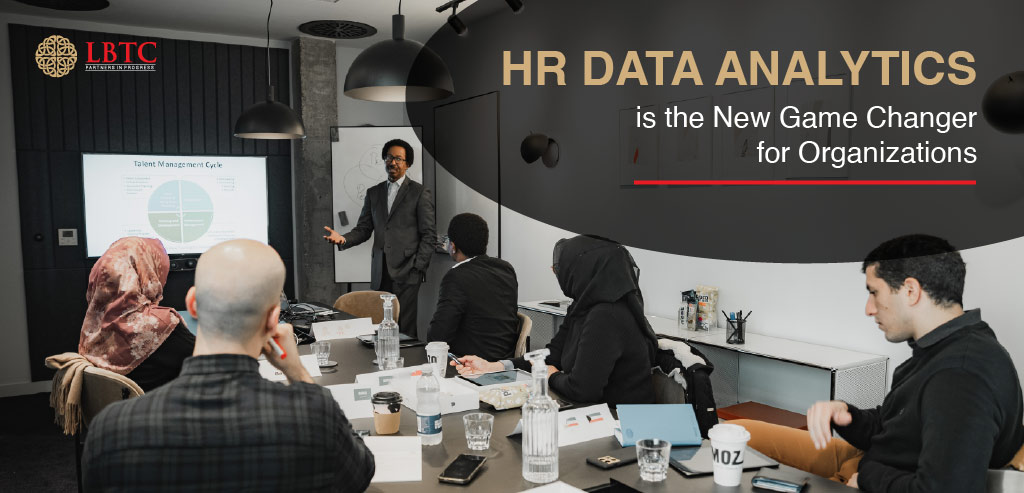
Today, data-driven decision-making is no longer confined to finance and marketing. Human Resources (HR), traditionally viewed as a more intuitive and people-centric field, has embraced the power of analytics to drive better business outcomes. Companies increasingly turn to HR analytics programs to equip their HR professionals with the skills to harness data effectively. This strategic shift transforms HR from a support function to a critical driver of organisational success.
The Growing Importance of HR Analytics
HR analytics involves systematically collecting, analysing, and interpreting data related to human resources. This data-driven approach allows HR professionals to gain deeper insights into various aspects of the workforce, from recruitment and retention to performance and productivity. By leveraging HR analytics, companies can make more informed decisions that align with their overall business goals.
The demand for this programis on the rise as organisations recognise the significant benefits of having a data-savvy HR team. These courses cover a wide range of topics, including data collection techniques, statistical analysis, and the use of specialised software. By mastering these skills, HR professionals can turn raw data into actionable insights, enabling them to address critical business challenges effectively.
Achieving Better Business Outcomes with HR Analytics
1. Enhanced Recruitment and Retention
One of the most significant advantages of HR analytics is its impact on recruitment and retention strategies. By analysing data from various sources, such as resumes, social media profiles, and employee performance records, HR professionals can identify the key characteristics of successful employees. This information helps in refining recruitment processes, ensuring that new hires are not only qualified but also a good cultural fit for the organisation.
Moreover, HR analytics can predict which employees are at risk of leaving the company, allowing HR teams to take proactive measures to improve retention. By addressing issues such as job satisfaction, career development opportunities, and work-life balance, organisations can reduce turnover rates and retain top talent.
2. Optimised Performance Management
Performance management is another area where HR analytics can make a substantial impact. By analysing performance data, HR professionals can identify trends and patterns that indicate areas for improvement. This data-driven approach allows for the creation of personalised development plans that cater to the specific needs of each employee.
Additionally, HR analytics can help in setting more accurate and achievable performance goals. By aligning individual performance metrics with organisational objectives, companies can ensure that their workforce is working towards common goals, leading to improved overall performance.
3. Strategic Workforce Planning
HR analytics also plays a crucial role in strategic workforce planning. By forecasting future workforce needs based on historical data and market trends, HR professionals can ensure that the organisation has the right people in the right roles at the right time. This proactive approach helps in avoiding talent shortages and reducing the costs associated with last-minute hiring.
Furthermore, HR analytics can provide insights into the effectiveness of training and development programmes. By measuring the impact of these programmes on employee performance and engagement, companies can make data-driven decisions about where to invest their resources for maximum impact.
Embracing HR Analytics for Future Success
The integration of HR analytics into business strategy is no longer a luxury but a necessity for organisations aiming to stay competitive. By investing in HR analytics courses, companies can empower their HR teams to become strategic partners in achieving better business outcomes. From enhancing recruitment and retention to optimising performance management and strategic workforce planning, the benefits of HR analytics are vast and transformative. As the business landscape continues to evolve, the ability to leverage data effectively will be a key differentiator for successful organisations. By embracing HR analytics, companies can unlock new opportunities for growth and create a more agile, resilient, and high-performing workforce.

Leave a Reply